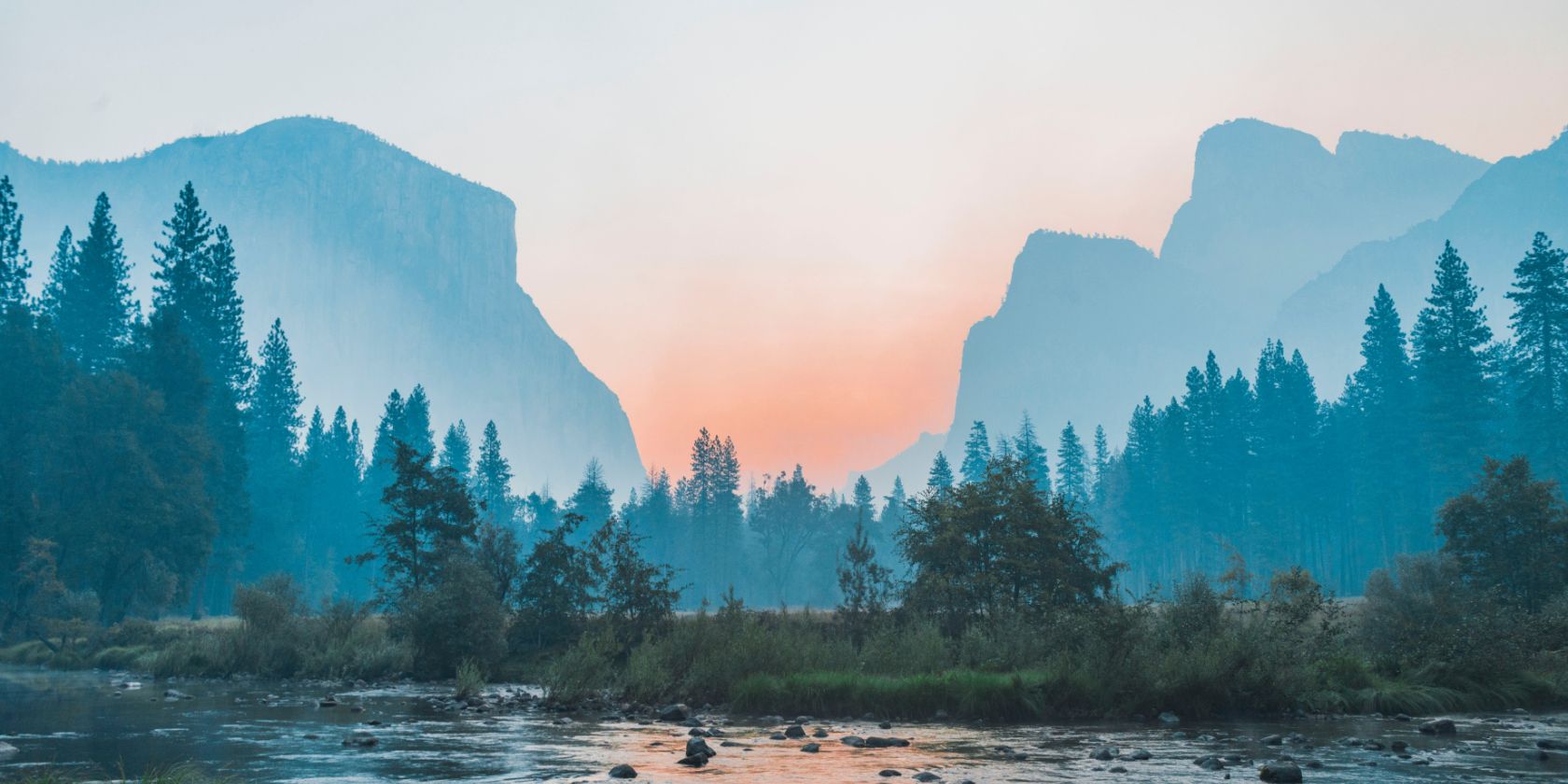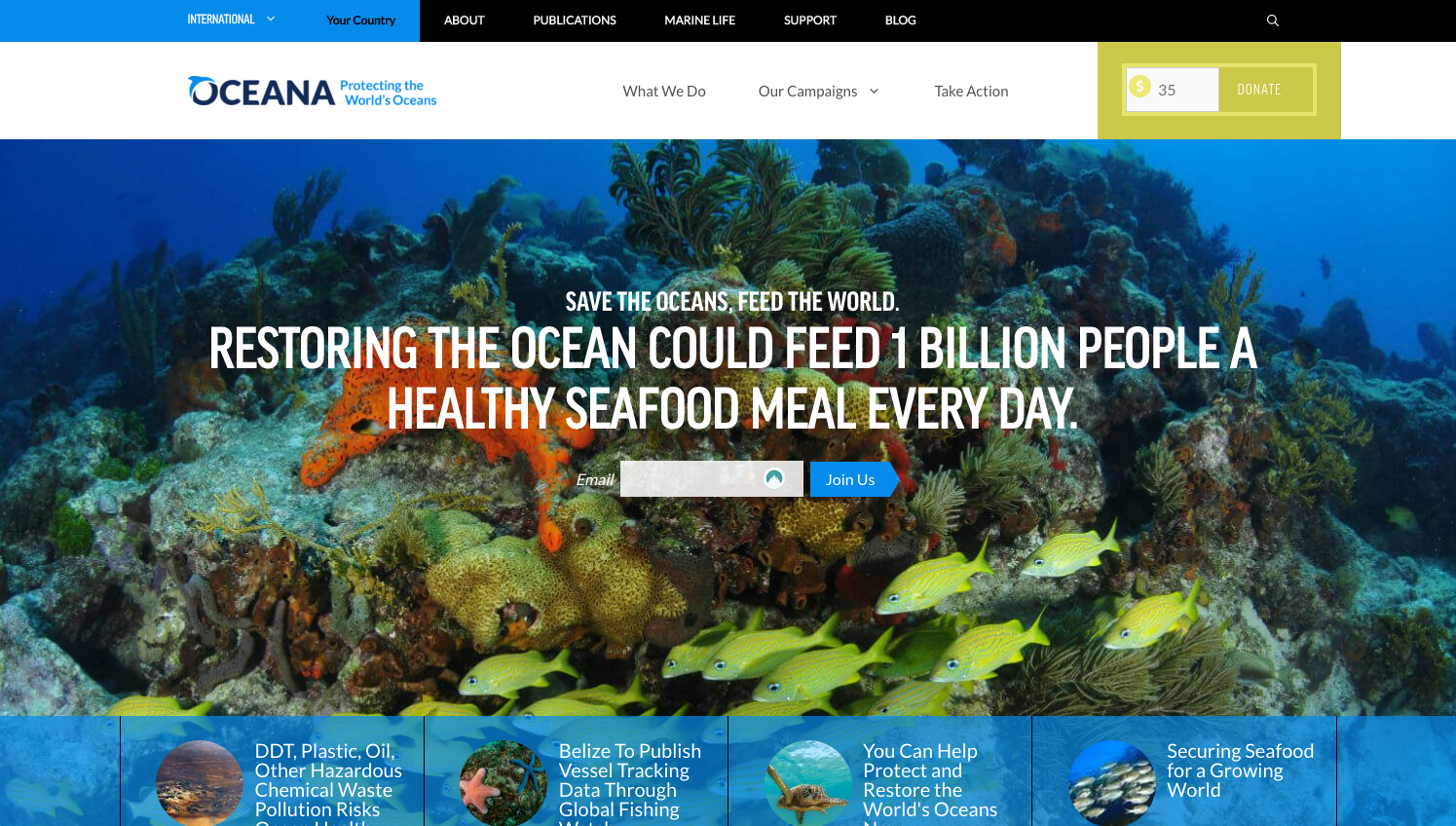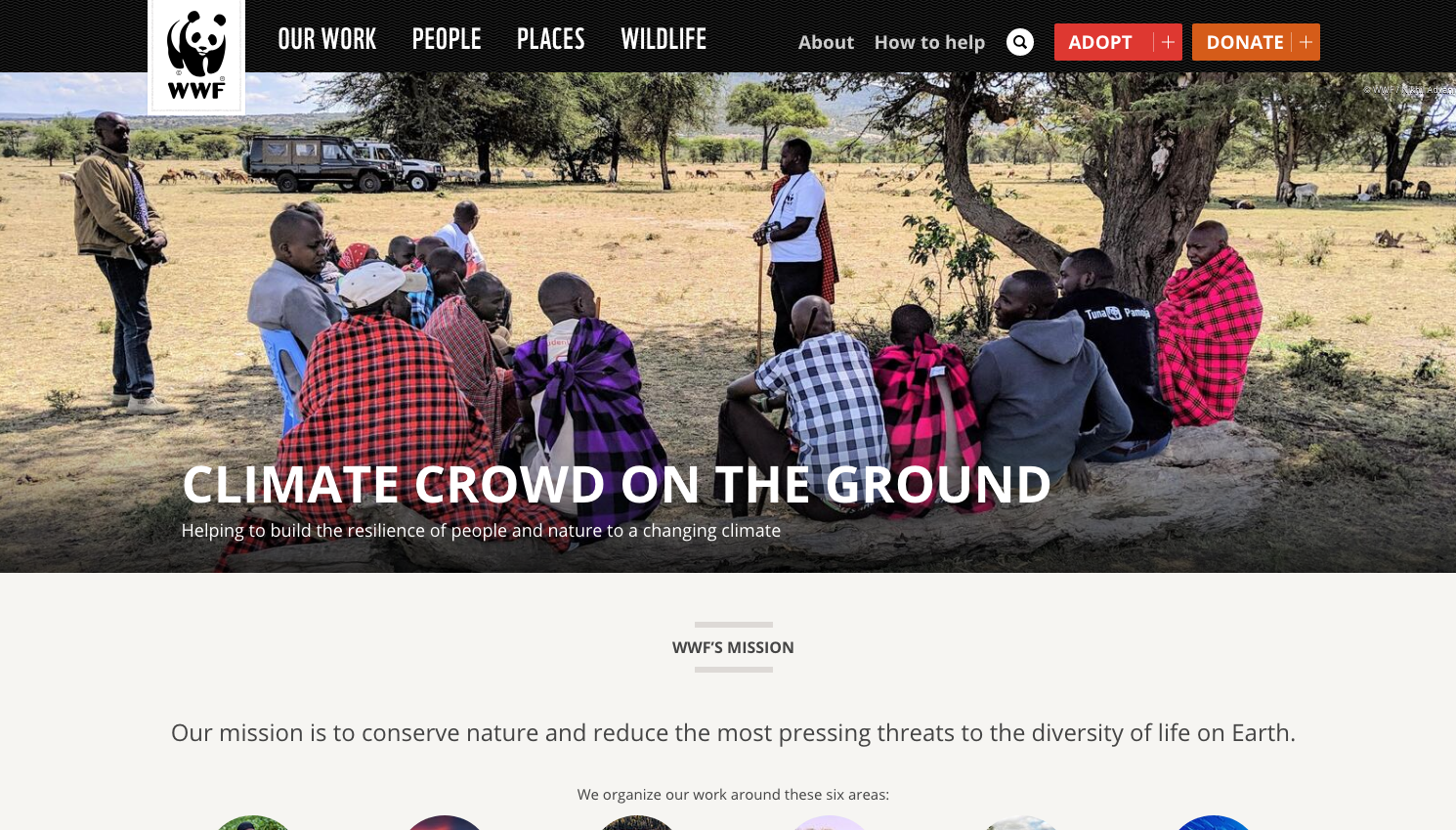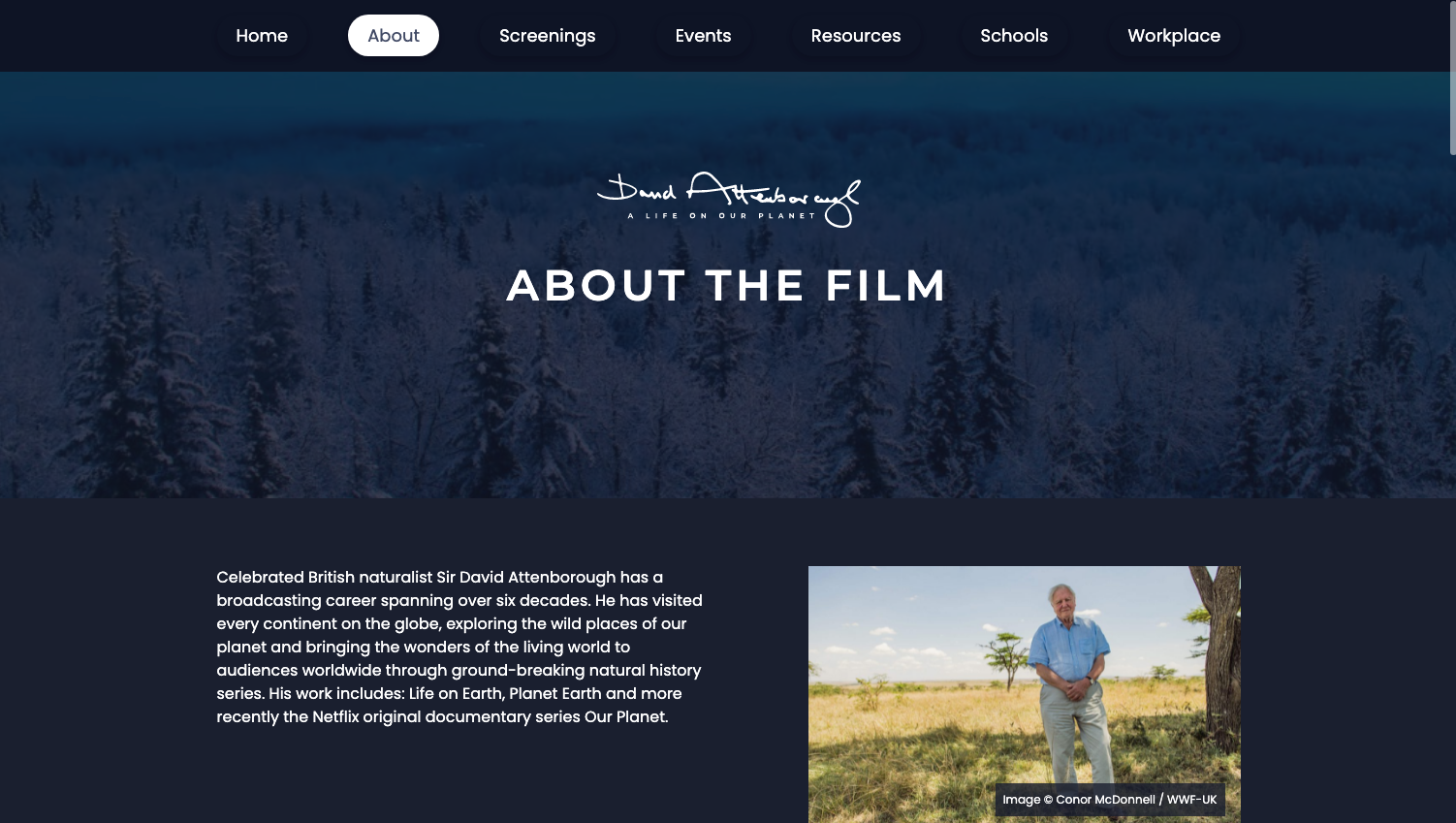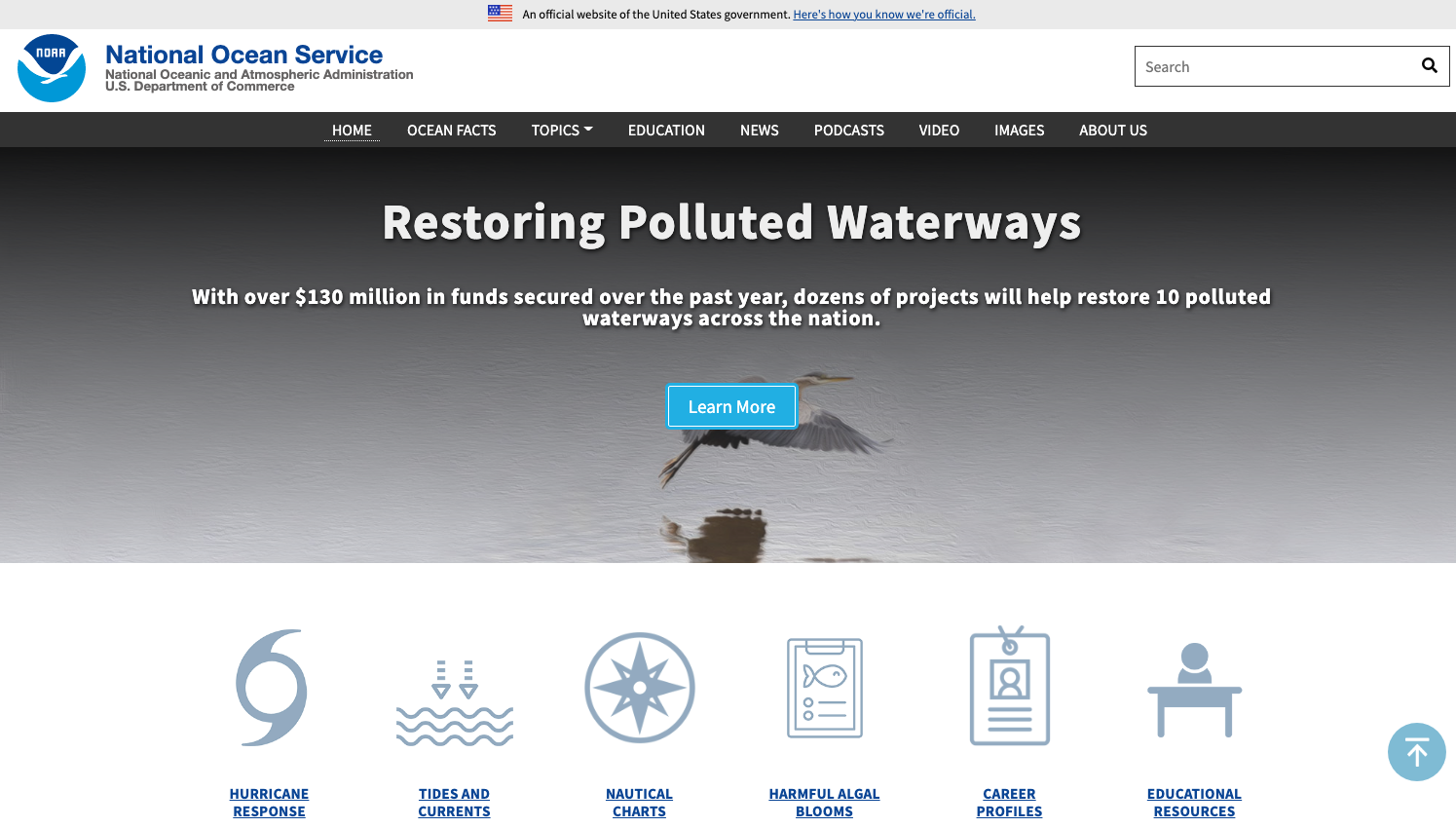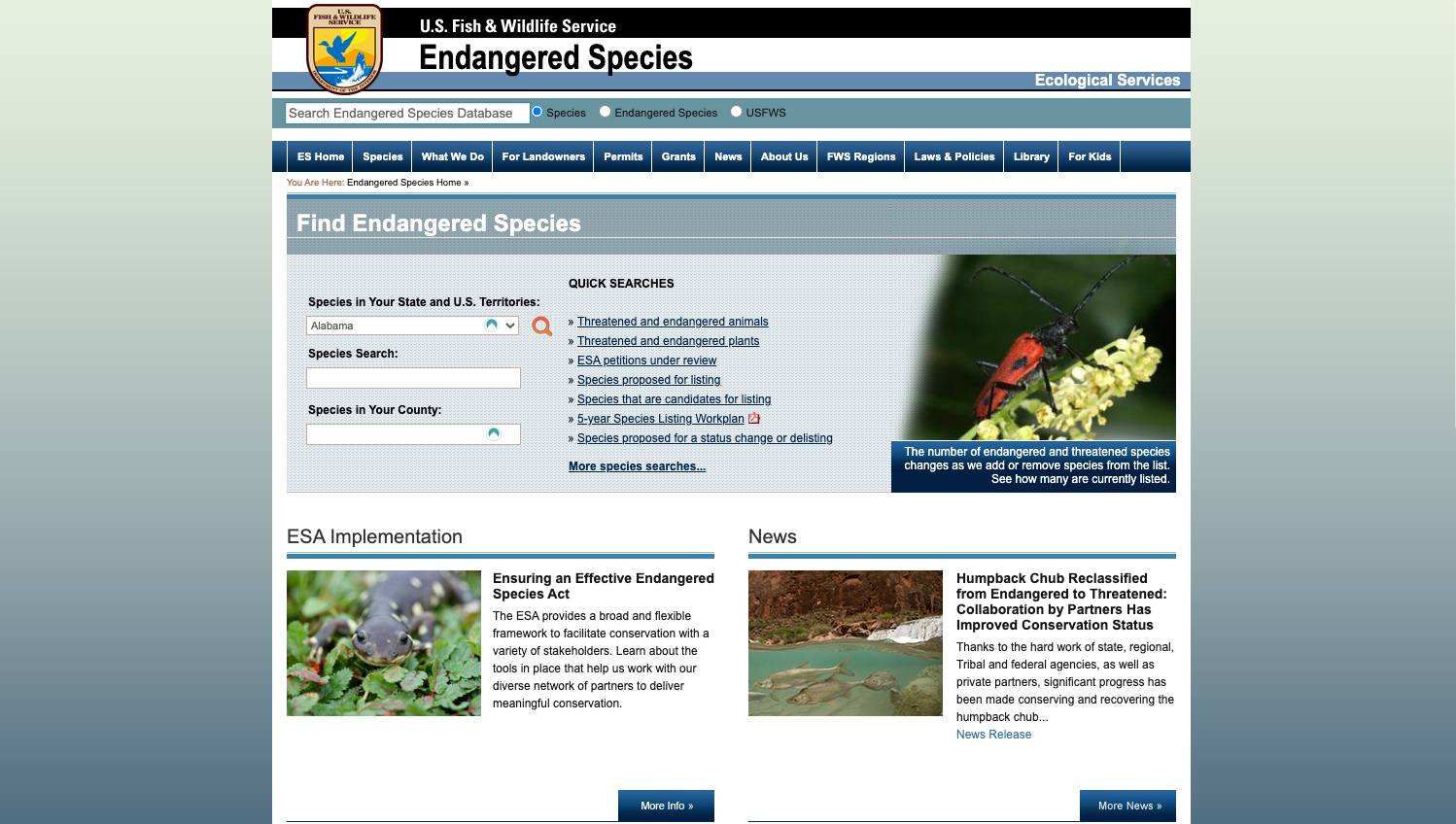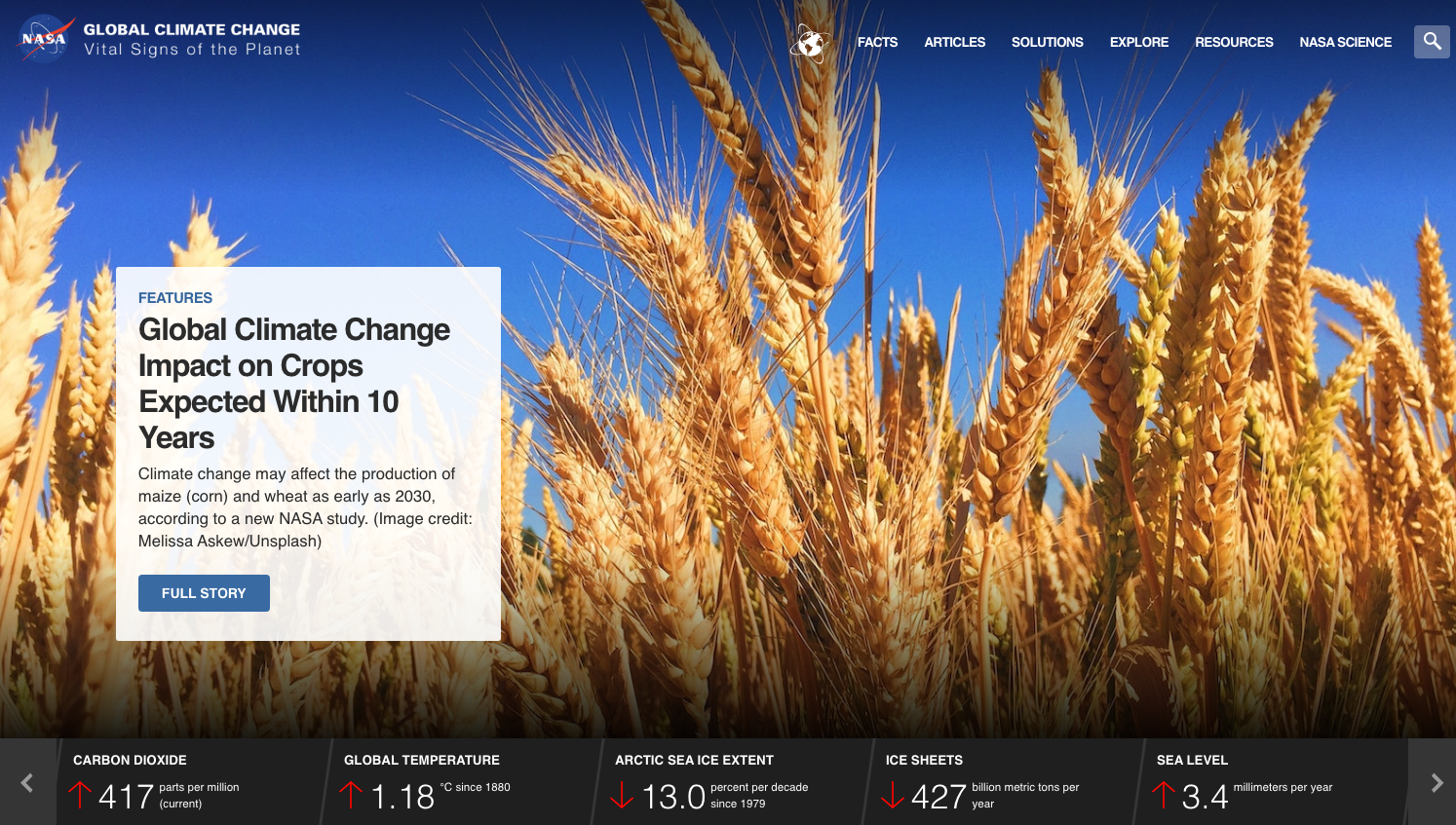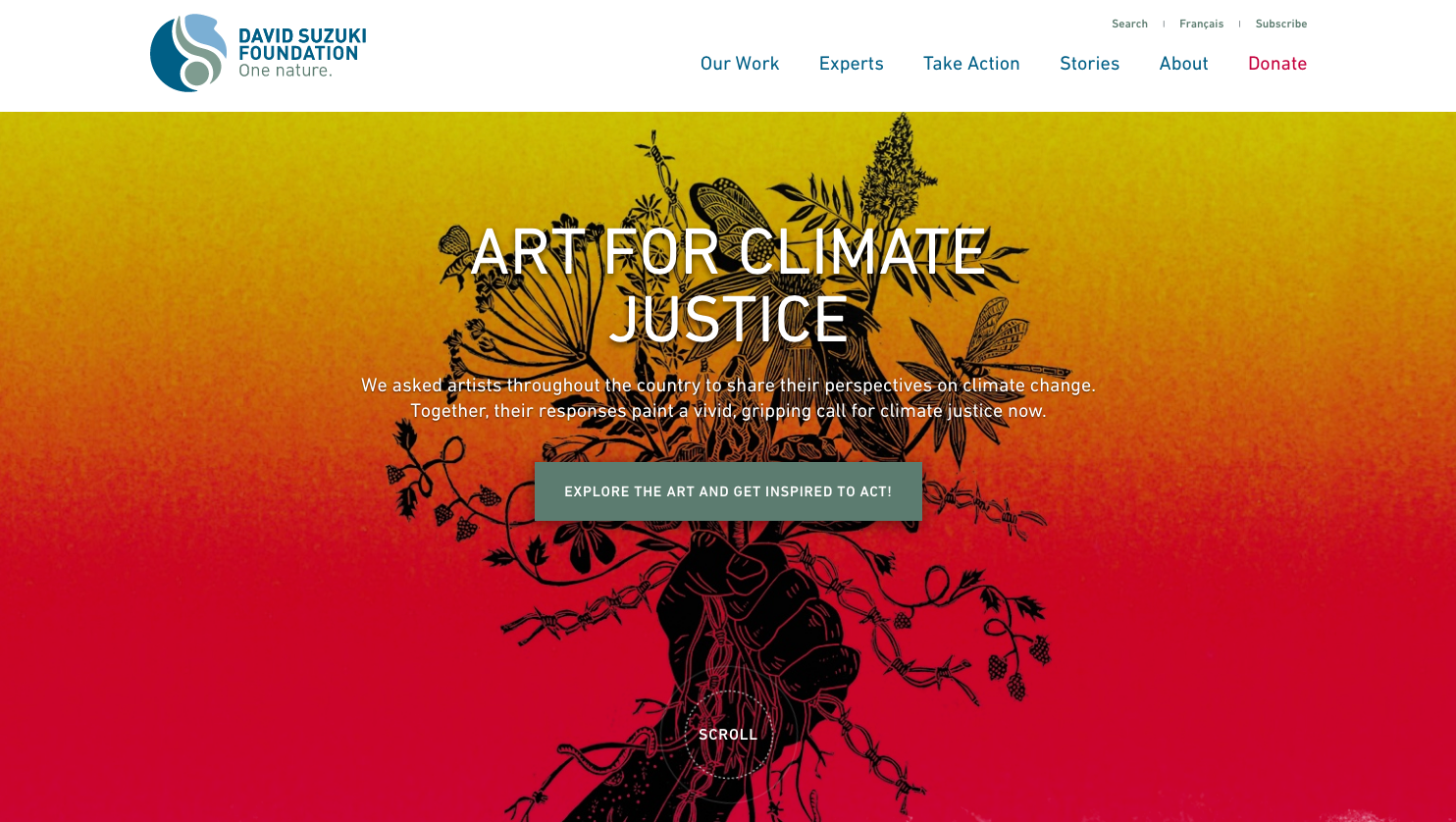Environmental news is an everyday talking point these days. Topics such as climate change, deforestation, and pollution are likely at the top of that list. While there's no shortage of content on the internet, you should treat news found on social media with a grain of salt.
If you want to read more about environmental issues and what you can do to help, check out these sites.
1. Treehugger
This website stays true to its "sustainability for all" slogan. Whether you're a beginner or seasoned pro, you'll find a place at Tree Hugger. The site helps you make environmentally conscious choices with advice, information, and inspiration.
Treehugger is among the most prominent information sites dedicated to going green. With 2.6 million monthly subscribers and a library that spans nearly 20 years, you'll find articles on just about anything eco-related. From climate action to clean beauty, the site covers it all.
What's more, eco-experts bring their experience to each article to educate us in the simple way possible.
2. Oceana
Oceana is the place to be if you love the sea. "Protecting the World's Oceans" is a mission this organization doesn't take lightly. It works to restore the oceans and inform the public along the way. When you visit its website, you'll find information for everyone from the marine-curious to those well-versed in ocean sustainability.
You can read fun facts about cuddle fish or dive into an in-depth blog post on the carbon footprint of wild seafood. The Oceana team comprises scientists, researchers, and expeditionists who work to restore the ocean, feed the world, and raise awareness for the cause.
3. WWF
The World Wildlife Foundation is a well-known organization working to conserve nature. Its website covers various topics, including food, climate, freshwater, wildlife, forests, and oceans. You can read the latest news stories and find audiovisual media to help bring you up to speed or learn something new every day.
The popular website features a "how to help" page with green tips for children. Apart from environmental topics, WWF also consists of a People section for humanitarian efforts and other causes, a Places section where you can learn about priority habitats worldwide, and a Wildlife section that shares details and trivia about endangered animals.
4. Attenborough Film
Sir David Attenborough is more than the soothing voice behind many of BBC's nature documentaries. Still going strong at 95 years, the famous natural historian has spent time on each continent thanks to his broadcasting career that spans over six decades. Needless to say, he has witnessed first-hand the effects of climate change on the environment. So he documented his knowledge in the film "A Life on Our Planet."
You can visit Attenborough Film's website to find resources to accompany the film. Whether you're simply looking for a recap, more information, or you'd like to hold a screening yourself, you can find and download helpful information packages. These come complete with an actionable list of ways you can make a difference.
5. National Ocean Service NOAA
The National Ocean Service is the United States' coastal and ocean agency. Its goal is to provide science-based solutions to address issues in these areas. It offers plenty of information to the public, including news, educational resources, videos, and podcasts.
While some of the information presented is heavily scientific and data-oriented, it's still riveting reading. However, if you're in the mood for some lighter content, you can find topics like Ocean Facts and Recreation. The National Ocean Service website also offers resources for educators, students, and children about the ocean and coastal life and the pressures that surround them.
6. U.S. Fish & Wildlife Service Endangered Species
The U.S. Fish & Wildlife Service Endangered Species, or FWS, offers information on endangered species in the U.S. and worldwide. While its website is more of a database, you can learn which species are endangered, where they live, and what's being done to help them.
The FWS goes beyond the beloved elephants and polar bears to spotlight some of the tinier lesser-known creatures such as the Mariana fruit bat and Pacific pocket mouse.
Here, you can catch up on the latest news on U.S. endangered species and learn what to do if you're co-inhabiting with one on your property. Though the data isn't presented as a blog article, the information given by the FWS is thorough yet easy to follow.
7. NASA Global Climate Change
Are you looking for a scientific read about the environment and climate change? Look no further than NASA's Global Climate Change website.
While the reading is a bit heavy, it features a Solutions page where you can learn about inspiring helpers globally and some cool tech.
If you're entirely new to the topic, NASA's Explore section is an excellent place to start. You'll also find takeaways in the resources section for adults, educators, and kids.
8. David Suzuki Foundation
While the geographic content is mainly Canadian, you may learn a thing or two from the vast amount of information presented on the David Suzuki Foundation's website. Specifically, you'll find inspiration and advice in its Stories and Take Action pages.
The site avoids jargon and educates as if you're new to the topic. In addition, there are links to online petitions and local programs where you can enlist and make a difference. For instance, you can join a campaign to protect forests from logging or participate in an art project to showcase your environmental perspective.
Take Action Locally
Thanks to the internet, countless tools are available to help you learn about the environment and get involved in taking action. Some are certainly less light, but we likely all have that one friend who needs the extra kick in the pants to pitch in.
There are many ways we can take big or small actions toward helping the environment, and the first step is learning. Just ensure where the information is coming from and how unbiased it is. Remember, you need not be a politician or a corporation to make a difference.

